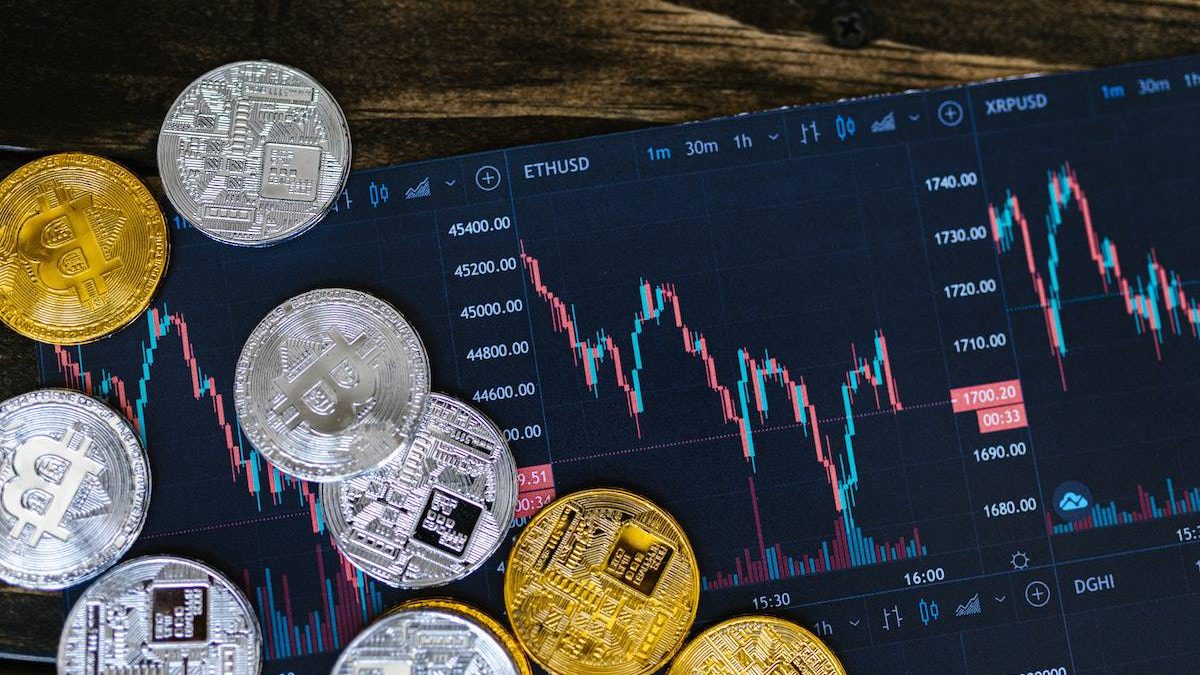The topic of cryptocurrencies is often bound to set off heated debate, but this might be more true now than ever before. Especially in light of the recent FTX scandal culminating in the arrest of Sam Bankman-Fried for fraud, pronouncements about the future of crypto are popping up everywhere you look. For some, this scandal, along with the recent drop in the price of Bitcoin, spells the beginning of the end for crypto.
For others, however, it is still just the beginning. Many within the crypto space view these recent events not as a reason for despair, but a wake-up call to realign their investment strategies. Figures as prominent as Blackrock CEO Larry Fink have made the case for crypto as the currency of the future, and many of the problems–such as inflation–to which crypto was a response still loom large in the market. In the end, it is up to the individual investor to decide, but anyone planning on entering the market next year will need to be well informed about how things are going currently.
Turbulent Times
Volatility has always been the hallmark of cryptocurrencies. In some cases, this has been their greatest asset, as it has allowed investors to make extremely impressive returns, such as during the bull run of 2021. However, 2022 has seen most of these gains become reversed, as Bitcoin has currently dropped to around 60% of where it stood at the beginning of 2022. Bitcoin tends to be the canary in the crypto coal mine, and its weak performance has been mirrored by that of other major coins such as Ethereum.
Of course, the crypto slowdown needs to be understood in the context of a general economic downturn. The federal reserve’s attempts to curb inflation by continually raising interest rates has created a general squeeze on people’s spending and borrowing habits, resulting in consumers spending more on everyday goods and less on investments of all kinds, with volatile assets such as crypto being the first to go. Because of this, we can assume that crypto will rebound as the economy in general gets back on its feet.
A more big-picture takeaway from this situation is that a larger portion of the population is coming to feel a dissatisfaction with centralized finance. Crypto emerged during the 2008 crisis as an attempt to overcome the very issues that we are facing right now, and it is likely that tough times will drive more and more people to seek out a decentralized alternative. Although it is unlikely that this will happen in the midst of the downturn, it is highly probable that more people will seek out decentralized alternatives once the current crisis of centralized finance has passed.
What The Future Holds
One of the major trends that we can be certain will dominate the coming year is an increase in regulation. Regulation has long been a divisive topic among crypto enthusiasts, with some firmly supporting them and some firmly opposing them. There is merit to both positions, however, and it is vitally important to get to know them, as there is widespread consensus that, regardless of the crypto community’s wishes, government regulations are sure to be put in place. The important question to ask is what these regulations will look like and how they will affect the crypto space as a whole.
On the pro side, many crypto users believe that regulation will help bring more legitimacy to the crypto space in the wake of a number of high-profile scandals. Because crypto is such a new and disruptive technology, securing public trust is a fundamental step towards building a better future. Securing more public participation and making more people crypto literate will have absolutely massive benefits for those in the space, and smart regulation could be one of the most foolproof ways to achieve this goal.
On the con side, many crypto enthusiasts argue that regulation will lead to increased centralization, which goes against the very ethos of cryptocurrencies and underutilizes the truly transformative power of the technology. For these individuals, regulated cryptocurrencies have little to distinguish them from traditional money printed by central banks, making them essentially redundant. In some cases, such as with stablecoins, this is the point, so there should not be too much cause for concern. However, applying regulations this stringent to all of the various kinds of crypto threatens to snuff out the future of decentralized finance before it even gets the chance to come into its own. For this reason, the crypto community will have to be as vocal and as active as possible when it comes to influencing policymakers.
All of these factors together add up to an exciting transitional chapter in the story of crypto. While there is no telling exactly what the future holds, it is safe to say that crypto will play a part in it. Whether you are a die-hard enthusiast or a complete skeptic, it is imperative to pay attention to the changes that will inevitably be occurring in the coming year, and to invest or hold back accordingly.
About Zain Jaffer

Zain Jaffer is a tech entrepreneur and the founder of Zain Ventures. He is an active investor and mentor, engaging with startups at an early stage in their journey.
Related posts
Sidebar
Recent Posts
An Inside Look Of Paraulogic
Introduction Welcome to the exciting world of Paraulogic! Are you ready to dive into a linguistic adventure and put your…
Empowering Artists with Cryptocurrency: A Guide to Selling Art Using NFTs
In the ever-evolving landscape of the art world, artists are constantly seeking innovative ways to showcase and monetize their creations….



